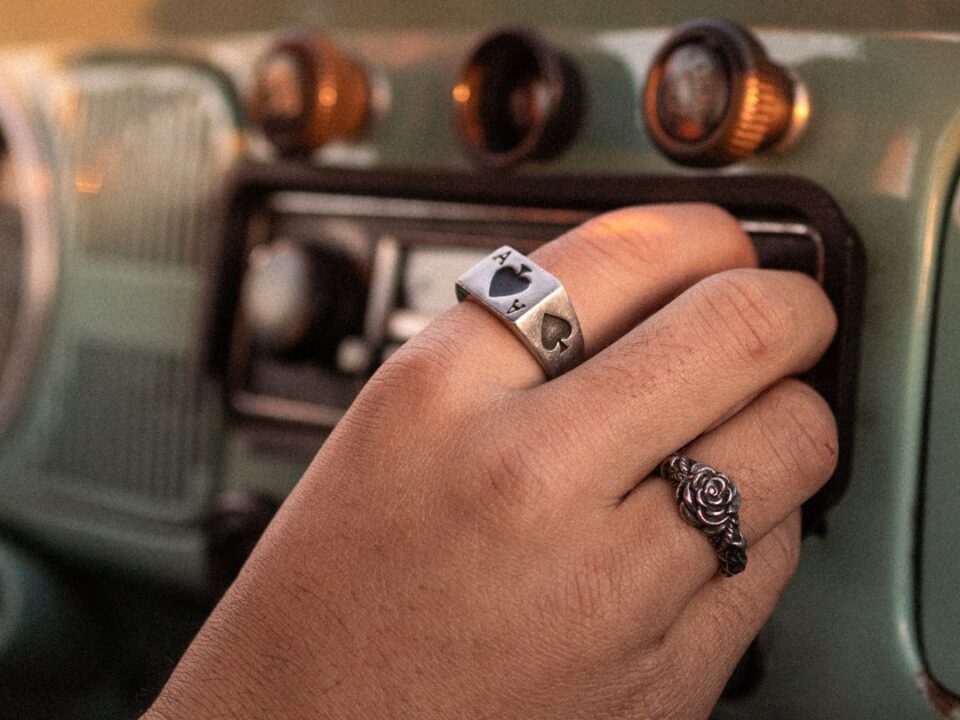
Written by Susan Merli
To Trust is Human
It is in our nature to trust. When we trust someone, it triggers the feel-good part of our midbrain called the Basal Ganglia. Along with dopamine-generating neurons involved in motor-functions, it is also responsible for non-motor functions like learning, approach behaviours, and positive emotions. Trusting others and being trustworthy creates a release of the chemical dopamine from our Basal Ganglia. That means that we feel positive emotions about trusting others and being trustworthy, yet, unfortunately, we’ve all had experiences where trusting someone has left us feeling alone, hurt, and dupped on a train to “You Fooled Me” land.
As Ernest Hemingway said,
The best way to find out if you can trust somebody is to trust them.
Yet everyone is deserving of our trust especially those who we experience as energy drainers or Emotional Vampires.
How to Detect an Emotional Vampire
A quick test is to ask yourself if you feel drained or energized after spending time with the person. If you feel exhausted, crave carbs, have a headache, or feel down after you’ve spent time with someone, that lingering negative vibe is a tell-tale sign that you’ve interacted with an emotional vampire. The energy drain from an emotional vampire can affect you at both a physical and psychological level. If they drain too much out of you…you may succumb to becoming one yourself.
They may try to make you feel guilty about not spending enough time with them or about not meeting their emotional needs, but this should just be another example of the energy drain that you should try to consciously and effortfully avoid. If you feel defensive or start to question your instincts, or worse, that you’re not good enough, that is the power of the emotional vampire at work.
Emotional or energy vampires could show up in the form of a friend, a colleague, a boss, a neighbour, or a family member.
The scary part of dealing with an emotional vampire is that they can be loving and charming at times and then switch to show their fangs when things don’t go their way. When they become impatient, they will drain your energy by becoming unkind, unforgiving, and insecure.
To fuel their fears and emotional needs, they will shame you, insult you, gaslight you, and make you believe that something must be wrong with you for questioning their motives or behaviour toward you.
To further complicate this picture, it is very difficult to confront an emotional vampire, writes Dr. Bernstein, who says that you can’t confront them about their energy draining behaviour as they will deny it and point the finger at someone else or even have the audacity to blame you.
Another negative byproduct of dealing with emotional vampires is what is called the Jumping Cholla Effect. Sports Psychologist, Jessica Garza shares tips for how to avoid taking on the negative emotions of others such as those passed along by emotional vampires.
What Makes an Emotional Vampire?
It could be a result of arrested development from a lack of loving caregiver experiences in childhood, or life-altering experiences that left them feeling frustrated or depressed. If we dissected an emotional vampire, the tests would reveal high levels of low self-esteem, unworthiness, insecurity, and an absence of approval. Their form of blood transfusion is to drain you of energy.
Emotional Vampire Types
Emotional vampires come in all different shapes and sizes. As per Psychology Today and Dr. Judith Orloff, who wrote the book, Emotional Freedom: Liberate Yourself from Negative Emotions and Transform Your Life, the most common types of emotional vampires are those with personality disorders, including narcissists, the histrionic or drama-lover, the victim, the controller, and the talker.
The Narcissist
This type of emotional vampire lacks empathy and is convinced that no matter what is going on for you, their needs trump yours. They need to be in control, or else, you feel their cold and withholding punishment (PsychologyToday.com, n.d.)
You know how the conversation goes when you describe an experience you’re dealing with, and they interrupt you to outdo your situation with an example of their own that they believe far exceeds what you’ve just shared. For example, if you described a trip to the ER Hospital to deal with a personal health scare, in response, the emotional vampire would tell you that they had a worse experience when they needed to be taken to the ER.
Guard yourself by being realistic about your expectations of an emotional vampire. Avoid ego-stroking and expecting them to act in selfless ways or exhibit unconditional love or support. Your self-worth is not dependent on what they think of you even though it may be hard to believe when you have been draining by a narcissistic emotional vampire.
The Histrionic or Drama-lover
These emotional vampires will find ways to stir the pot and exaggerate problems. If you make a statement or an observation that they don’t agree with, they will attack what you are saying and leave you feeling like an inmate stabbed by a shiv and left for dead.
Protect yourself by keeping calm and not getting caught up in the drama-lover’s stories. Set your limits and remember your personal boundaries. Acknowledge how they are feeling and then remind them of your priority and wrap up the conversation. Stay firm and consistent in your approach. Your self-worth does not depend on rescuing them from their woes.
The Blameless Victim
The world seems to be pitted against this emotional vampire does not take responsibility for their actions. No matter then situation, they are not to blame. They are the poor, helpless, and blameless victim in any scenario. If you are not careful, you may feel the finger of blame pointed at you should the emotional vampire be feeling particularly “spicy”.
Safeguard yourself by being kind, but firm. This may mean screening their calls and limiting your time with them. Try saying something like, “What you’re sharing sounds like it is really upsetting for you. I want things to get better for you. Right now, I have an urgent deadline to meet and need to get back to work.” Use body language and non-verbal cues to telegraph that your boundaries and limits (PsychologyToday.com, n.d.).
The “I Know Best” Controller
An emotional vampire must have an opinion about everything you do and shares their criticisms freely and uninvitedly. They may even have you believing that they are doing you a big favour by gifting you their opinion – after all, they know better. You feel dominated and put disempowered. You don’t even know your own mind because they let you know in no uncertain terms how you should live your life and tell you how you’re feeling and what you need.
Defend yourself through assertiveness and not allowing them to tell you what to do or how to feel. Be confident and avoid letting them drain your power. Remind them that you need to work through your situation yourself.
The Endless Talker
With this emotional vampire, you never get a word in edgewise because they have no interest in your feelings or experiences. They won’t let you speak and may be a close-talker or even an invader of your personal space. The talker is a verbal processor who does not pause to check in with you to speak. There is no conversation. It is a one-way talk where you’re only role is that of listener.
Keep yourself safe by interrupting them and cutting them off before they carry on too long and drain you with their words. They don’t pick up on nonverbal cues, so you need to speak up and let them know that you wish to speak or to exit stage left (talk to another person, get a drink, leave the room, take another call…you get the drift).
Dealing with them – Set Boundaries and Be Consistent!
Regardless of the type of emotional vampire, the overarching protection involves your ability to set, communicate, and maintain your boundaries. It also requires that you avoid trying to reason with them or sharing your worries or deepest feelings.
Regardless of the attempt to drain your energy, remember to put your needs first otherwise you will fall victim and never truly be able to help them or save yourself.
How to Save A Drowning Person
It is akin to lifeguarding/swimming lesson rules and what to do in the event of rescuing a drowning person. As per Verywellhealth.com, drowning people are the most dangerous to attempt to rescue as they will claw wildly and try to climb to the surface on the back of the person rescuing them. You need to be trained and know the proper techniques for saving a drowning person. The same precautions apply to dealing with an emotional vampire.
Dealing with emotional vampires is not easy and may require the help of a mental health professional like a counsellor or psychotherapist. Additionally, consider seeking feedback or advice from an impartial person whom you trust.
Suggested Reading: Categorizing People in Your Life
References
Bernstein, A. (2001). Emotional Vampires: Dealing with people who drain you dry. McGraw-Hill, New York.
Orloff, J. (2009). Emotional Freedom: Liberate yourself from negative emotions and transform your life. Harmony Books, New York.
VeryWellHealth.com. (n.d.). How to rescue a drowning victim. [Web Article]. Retrieved from: https://www.verywellhealth.com/how-to-rescue-a-drowning-victim-1298475
PsychologyToday.com (n.d.) Emotional Freedom. [Web Article]. Retrieved from: https://www.psychologytoday.com/ca/blog/emotional-freedom/201101/the-5-kinds-emotional-vampires-you-could-encounter



